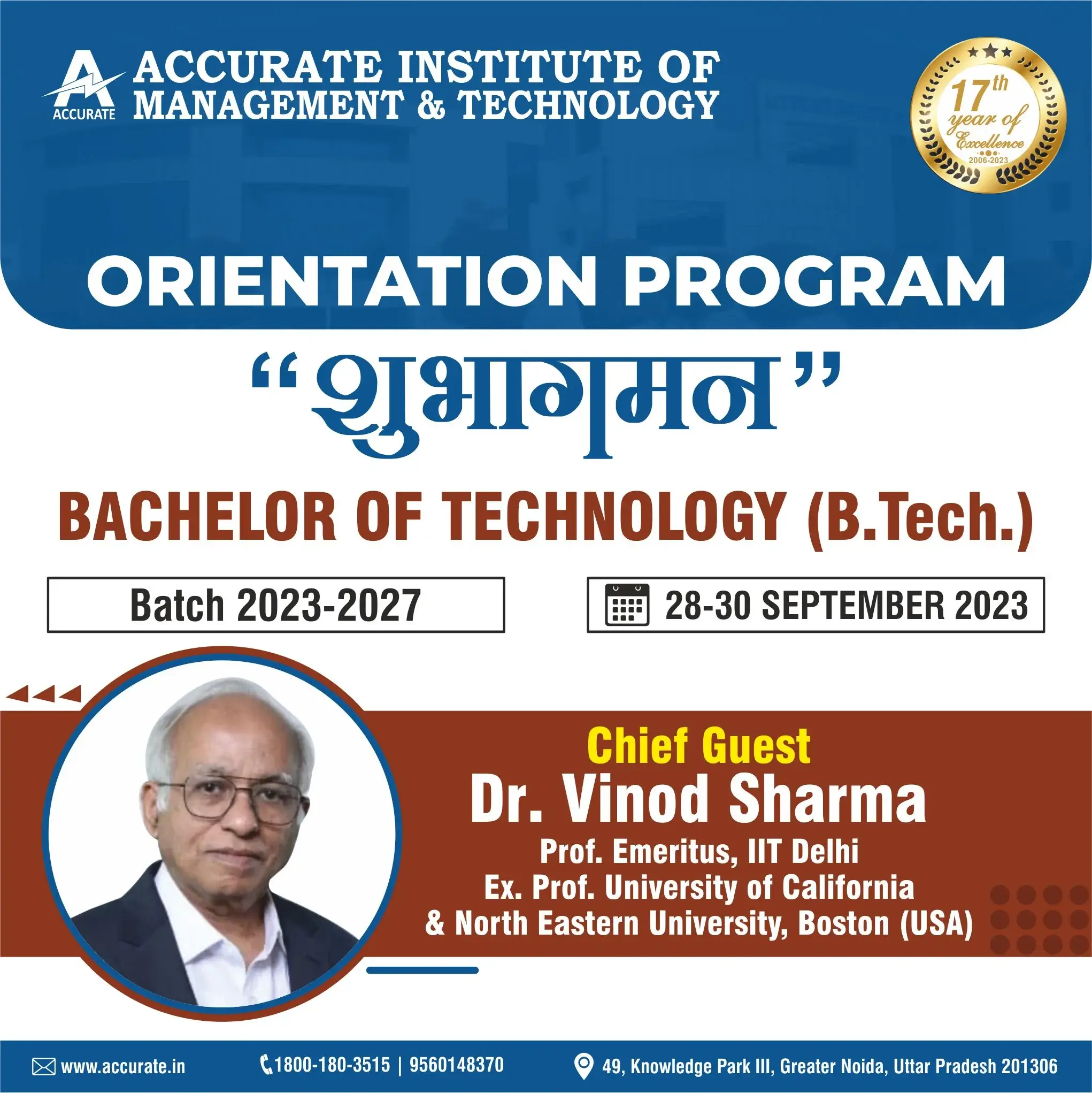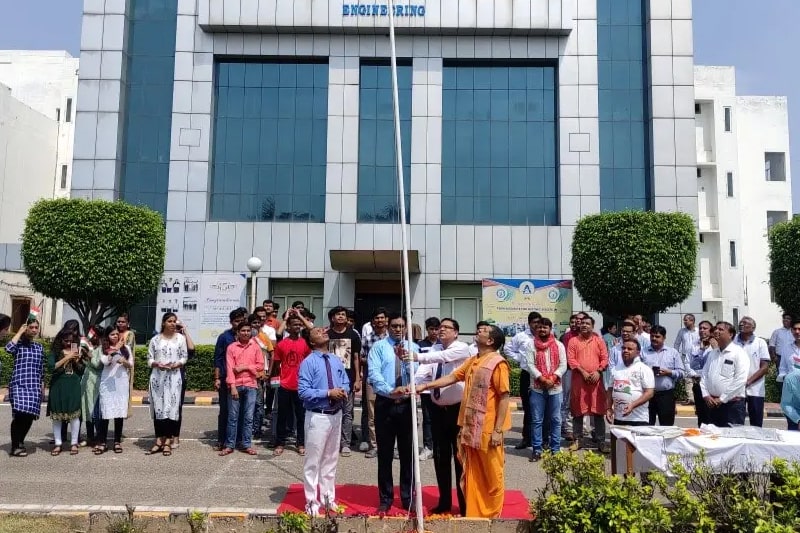The IoT is a network of physical items integrated with sensors, software, and other technologies to communicate and exchange data. For instance, it might be home items or industrial instruments. There are over 7 billion IoT devices now. Further, it's predicted to reach 10 billion by 2020 and 22 billion by 2025. IoT has become a 21st-century staple.
Also, most ordinary goods, including kitchen appliances, vehicles, thermostats, and baby monitors, may now be connected to the internet via embedded devices. Further, the IoT allows seamless connections between people, processes, and things. So, we look at IoT's prospects and how it will expand in 2022. We'll also examine IoT jobs and salaries.
Importance of IoT in 2022
IoT has helped several technologies progress. For instance, some IoT advantages are:
- Better network
- Cheap, low-power sensor tech
- Conversable AI
- Advances in ML and Analytics
- Easy business infrastructure access
Industrial IoT is the use of IoT in industry. Further, this applies to the cloud-enabled sensor and device instrumentation and control. However, industries may establish a new automation layer and new income and business models. So, the IoT is being called the fourth industrial revolution. For instance, common uses of IoT include:
- Smart grid
- Smart Factory
- Smart digital supply chain
- Smart logistics
- Smart city
IoT has helped businesses grow as its adoption at marketplaces and organisations grows.
.jpg)
Using IoT
IoT Intelligent Applications are prebuilt SaaS apps that can analyse IoT sensor data for enterprises. Likewise, IoT apps use machine learning to evaluate sensor data on the cloud. Also, you may find abnormalities and initiate automatic repairs. Moreover, IoT apps are used in diverse settings. But what are some popular uses?
- Asset monitoring helps firms find assets. For instance, high-value assets are safeguarded by ring-fencing.
- Popular usage includes wearable health monitors. So, such gadgets are used to remotely monitor patient health.
- It improves manufacturing through machine and product quality monitoring.
Industries using IoT
Industries that gain the most from IoT because of sensors are:
Automotive
The car sector benefits from IoT apps. That is to say; equipment breakdown can be detected through sensors.
Manufacturing
Manufacturers utilise IoT to compete. Further, the sensors measure the output, and manufacturers can examine the equipment's correctness. So, companies use IoT to cut expenses, enhance reliability, and boost asset management. Thus, this reduces operational expenses and boosts asset performance.
Healthcare
IoT asset monitoring has helped healthcare. Doctors and caregivers utilise this technology to benefit wheelchair users. Hence, using IoT, hospital assets may be tracked.
Public
Public utilities use IoT. With IoT, civic agencies collect data and deploy resources during large power outages.
Transport, Logistics
The IoT tracks and monitors movement. As a result, this helps reroute products dependent on weather, vehicle and driver availability.
Future of IoT in India
We've seen that IoT has a wide range of uses. Therefore, it's reasonable that it provides job prospects too. Common jobs are:
Network architect
These experts set up and manage networks. They must create a good network and follow all communication protocols.
Data analysis
This profession involves good statistical skills and relationships. Data analytics specialists must know R, SAS Systems and Python libraries like NumPy.
Hardware developers
This group modifies a company's products to suit sensor modules, transmitters, and integrators.
Cyber Expert
Experts examine a system's integrity and correct security issues. A cyber security practitioner should know vulnerability assessment and public key encryption.
Programmer embedded
These engineers make PCBs. The key function is integrating software engineering with non-computer devices and hardware.
Interface Designer
This profession needs creativity. A consumer should be able to grasp an app or tool's UI.
Average India IoT Salary
IoT specialists earn 76% more than IT professionals in India. The median IoT salary is Rs 15.2 lakh per year. Entry-level IoT specialists make between Rs 3.5 lakh and Rs 6 lakh.
Summary
This is the greatest moment to join an IoT programme so you can put it on your resume. This offers new work prospects, and what better way to join the data bandwagon than to join? Several schools offer degrees in IoT. It's time to enrol in a programme. The Accurate Institute provides a four-year B.Tech course. The college attempts to develop a firm foundation via instruction and practice. The students after B.Tech may learn and further go for IoT Program. The accurate institute educates using industrial projects and live discussions with experts. Its placement cell is superb.













